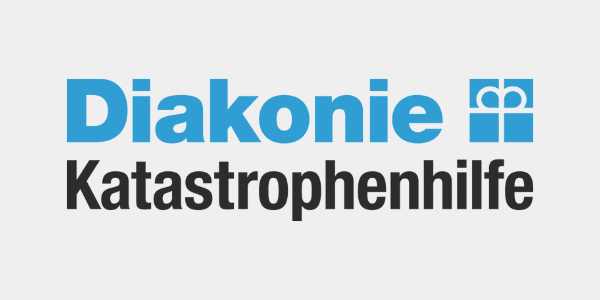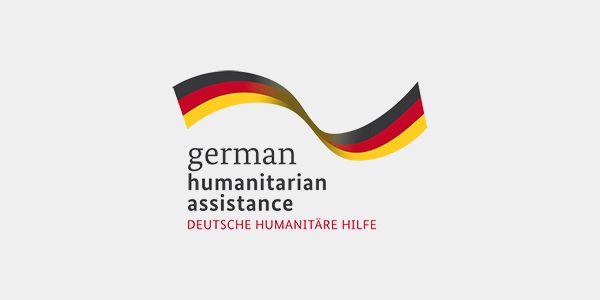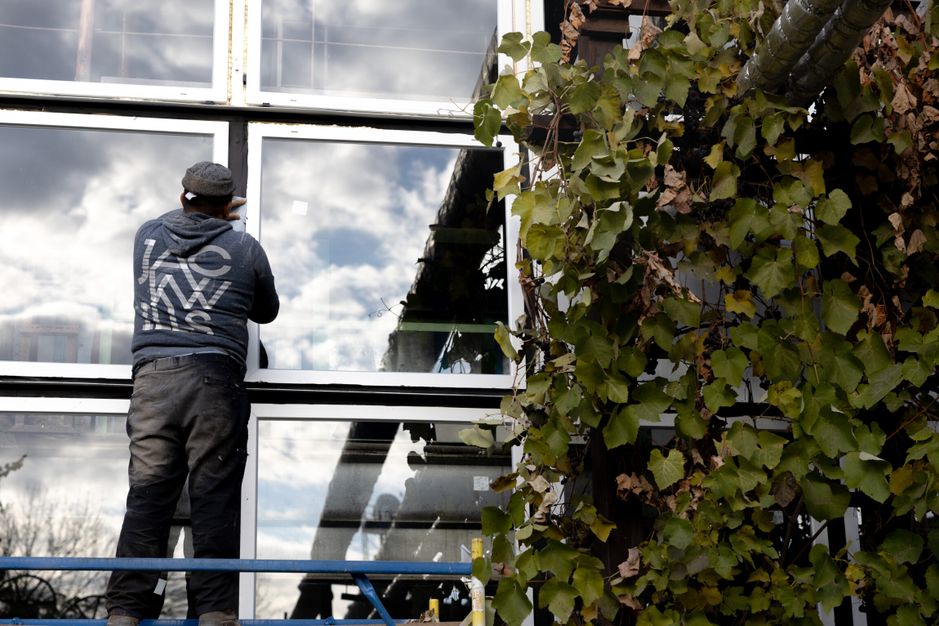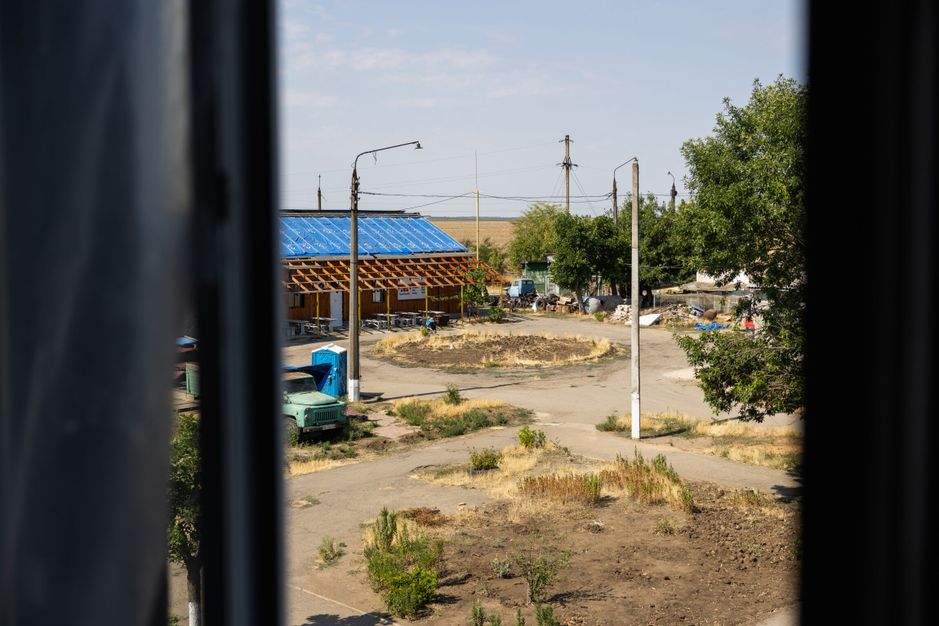“I am incredibly proud to be a humanitarian deminer and team leader. We save lives! In the beginning, my husband was scared for me, but over time, he has also become extremely proud,” says Anna.
Before 2022, she and her husband worked on the family farm where they grew tomatoes and grains. As the full-scale invasion of Ukraine broke out, Anna had to leave her home, which is still located on the frontline. She went with her family to Mykolaiv to resettle. Now, Anna works as a humanitarian deminer for DCA-NCA funded by the German Federal Foreign Office and supported by Diakonie Katastrophenhilfe (DKH). She has quickly qualified to be a team leader.

Clearing cluster munition
Humanitarian mine clearance is not just any job. It requires high levels of professionalism, teamwork, and the ability to calm down and think before acting.
“I’m used to practical work from the farm, and that’s an advantage when we work as deminers out in the fields and in the woods,” says Anna.
She explains that a good humanitarian deminer must fully understand and respect safety rules, follow operational procedures at all times, and, not least, be good at communicating and working well with colleagues.
“As a team leader, I must look after my team. Every morning, I gather them, ask everyone how the night has been, and ensure that everyone is focused on today’s work. We work so closely together throughout the day that the entire team must function as one unit,” says Anna.
The work is a test of patience, and there are no shortcuts. Cluster bombs can contain hundreds small explosives the size of a soda can, and when the rocket opens in the air, areas the size of several football fields can become contaminated. It is estimated that up to half of them do not detonate when they land, and the metal detector is the most important tool to find them. Clearing the land between a cemetery and a hospital is the current task that Anna and her team are working on.
“Every time we find unexploded ordnance; I feel happy because I know that we may have saved a civilian life. The area we’re working in now is close to a residential area, and people have to walk through the area we’re clearing. The first thing we do is clear a safe street through the woods here, so those who live here can walk safely within the marked posts,” says Anna.

Close to a third of Ukraine is contaminated
The humanitarian deminers strictly follow an international standard for their work, with a series of rules and a systematic methodology, which requires education and training before one can work as a deminer. DanChurchAid (DCA) has trained and employed over 100 humanitarian deminers in Mykolaiv.
Up to 29 percent of Ukraine’s land area is now affected by unexploded ordnance, according to official Ukrainian estimates. It can take up to months to clear an area the size of a football field, so there is decades of work remaining. But one square meter at a time, Anna and her team are clearing the land so civilians can use it again without the fear of stepping on an explosive.
‘Anna’ is not her real name. However, due to security concerns for Anna’s family, she has asked to be anonymous.

“Every time we find unexploded ordnance; I feel happy because I know that we may have saved a civilian life,” says Anna.
About the project
With funding from the German Federal Foreign Office (GFFO) and supported by Diakonie Katastrophenhilfe (DKH), DCA/NCA is actively working to make Mykolaiv safer by demining hazardous areas contaminated with explosive remnants of war. This critical humanitarian mine action not only safeguards lives but also enables the safe return to normalcy for communities reliant on these areas for agriculture, housing, and daily activities.

In parallel, a Women’s and Girls’ Safe Space in Mykolaiv city provides a welcoming environment where women and girls can access essential mental health support and psychosocial services. This space serves as a vital resource, empowering them to rebuild their lives and fostering a sense of community and hope.
Supported by:

Financed by:




